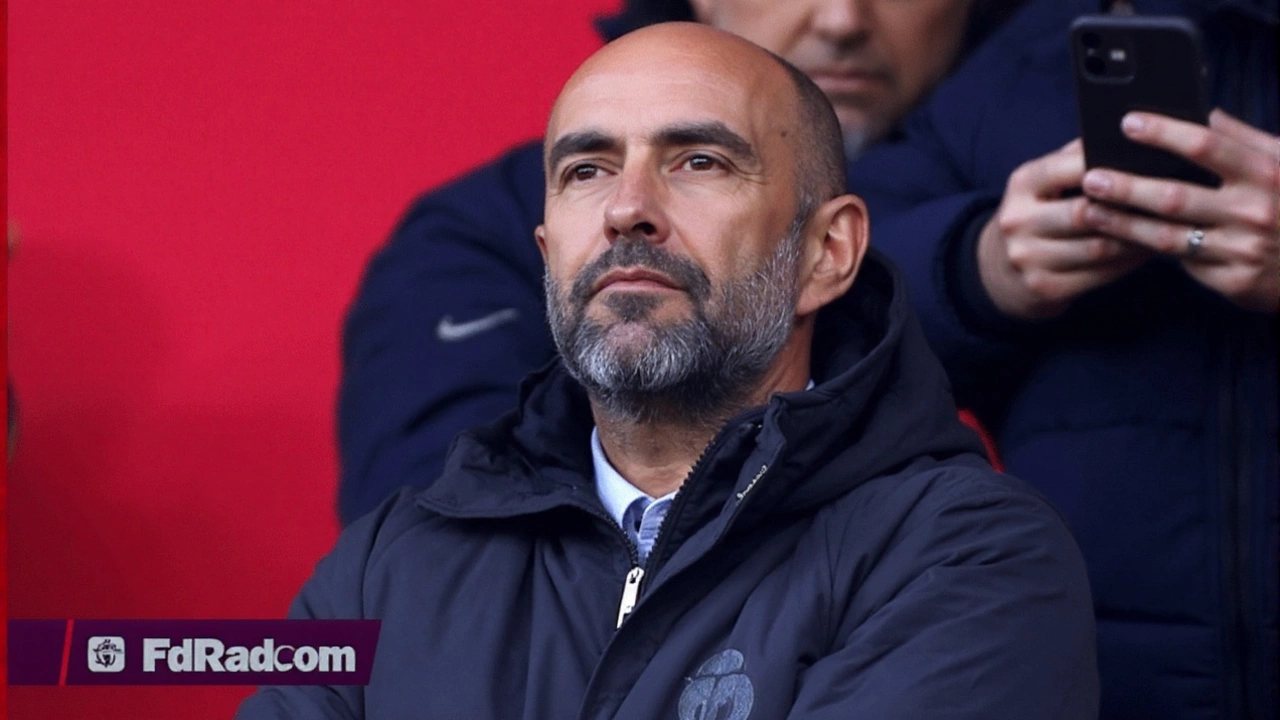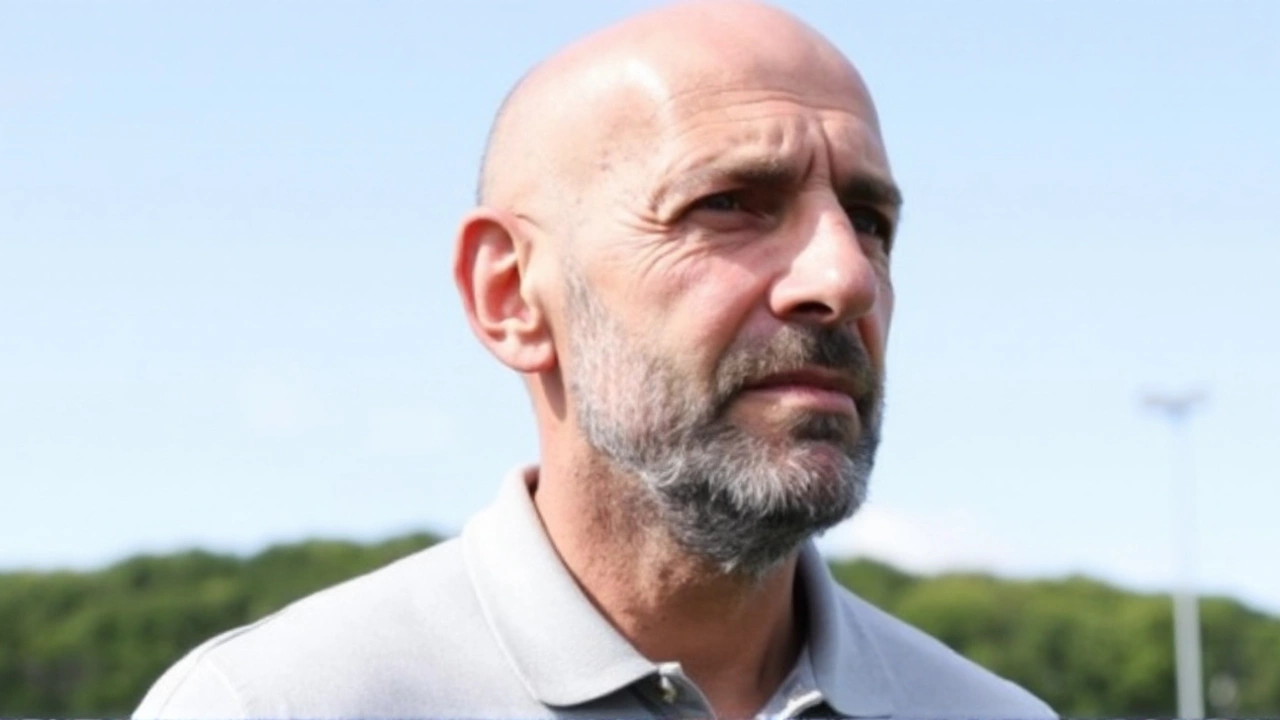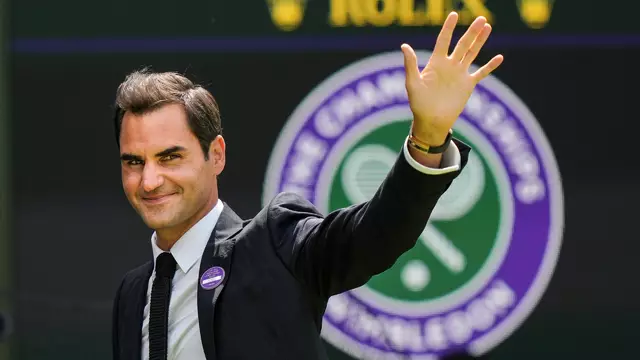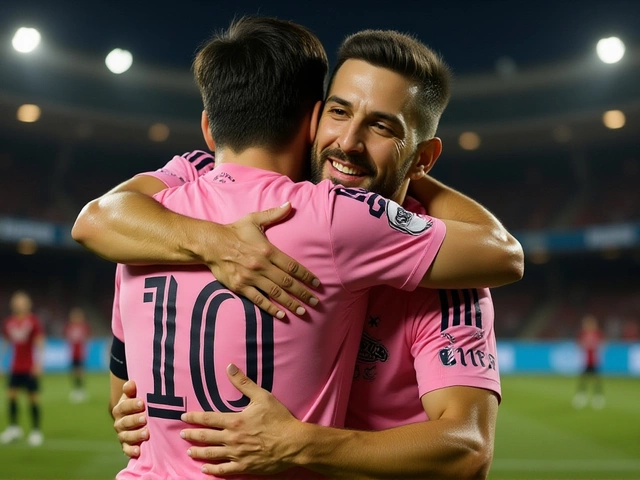Background and achievements at Villa
Ramón Rodríguez Verdejo, better known as Monchi, walked out of Villa Park after less than two years in charge of the club’s football operations. He arrived in November 2023, hand‑picked by manager Unai Emery, who had worked with him at Sevilla during a period that produced three straight Europa League trophies.
At Villa, Monchi was given a wide remit: scouting, contract negotiations, and shaping the squad for a return to the Champions League. His résumé looked spotless – at Sevilla he turned a modest budget into a talent‑selling powerhouse, fetching huge fees for players like Wissam Ben Yedder and Kevin Game et Al. That track record made him the ideal candidate to help Aston Villa compete on multiple fronts.
During his short spell, Monchi’s fingerprint was evident in several headline signings. The club spent heavily on a proven Premier League striker, while also securing a versatile midfield playmaker from the Bundesliga. At the same time, a few players who had struggled for game time were sold for respectable sums, echoing his “buy low, sell high” philosophy. The transfer window under his watch produced a balanced squad that could handle the rigours of both domestic and European competition.
Villa’s early‑season form seemed to justify the gamble. The team sat comfortably in the top half of the Premier League table and gathered points in the Champions League group stage, suggesting that Monchi’s approach was already bearing fruit.

Implications for Aston Villa’s future
The abrupt nature of the departure, described as “mutual consent,” raises several questions. First, it leaves a vacuum in the strategic planning office just as the club navigates a congested fixture schedule. Without a clear successor, the transfer market could become reactive rather than proactive, potentially jeopardising the progress made.
- Strategic continuity: The club will need a figure who can pick up where Monchi left off, maintaining the scouting networks and data‑driven decision‑making he established.
- Financial considerations: Monchi’s knack for generating profit through player sales helped balance the books at Sevilla. Villa must decide whether to continue this model or pivot to a more investment‑heavy approach.
- Managerial alignment: Emery and Monchi had a proven working relationship. A new director will have to quickly gel with Emery’s tactical vision to avoid any friction.
Fans and pundits alike are speculating about possible replacements. Some names floating in the rumor mill include former scouts with Premier League experience and ex‑directors who have successfully navigated the transition from domestic to European competition. Regardless of who steps in, the new appointee will inherit a squad that, on paper, is well‑balanced and capable of challenging for Europe.
In the meantime, Villa’s board has issued a brief statement thanking Monchi for his contributions and wishing him success in future ventures. No further details were provided, leaving the exact reasons for his exit shrouded in mystery. The club’s next move – whether to appoint an interim manager for football operations or to launch an immediate search – will be closely watched, as it could set the tone for the rest of the season.
One thing is clear: Monchi’s impact on Aston Villa will be measured not only by the players he signed but also by the infrastructure he helped put in place. The coming weeks will reveal whether the club can sustain that momentum without him at the helm.



